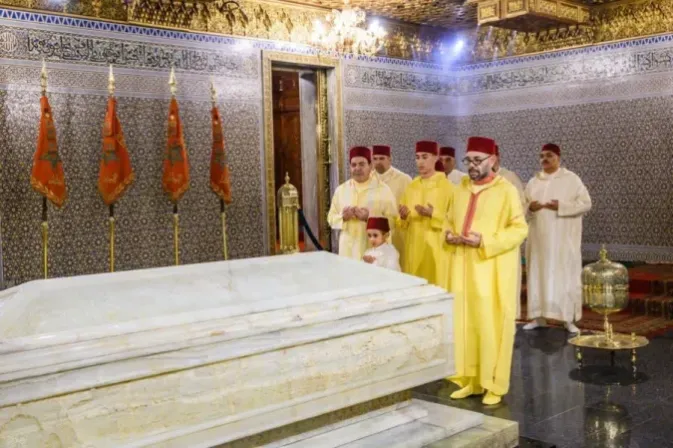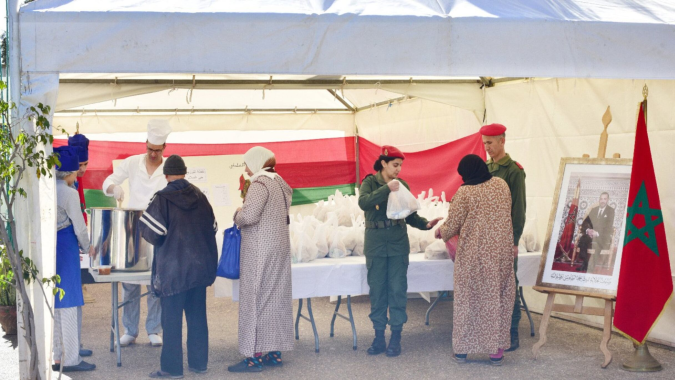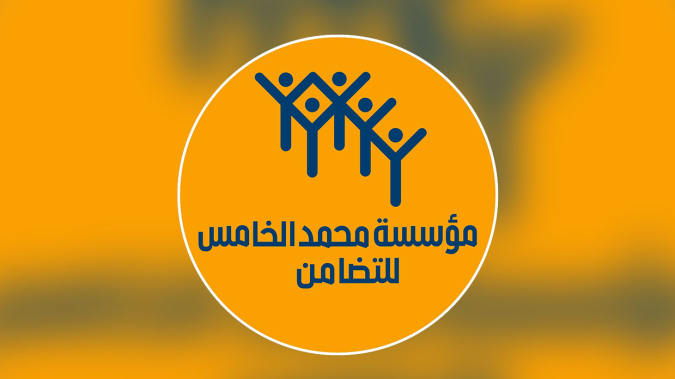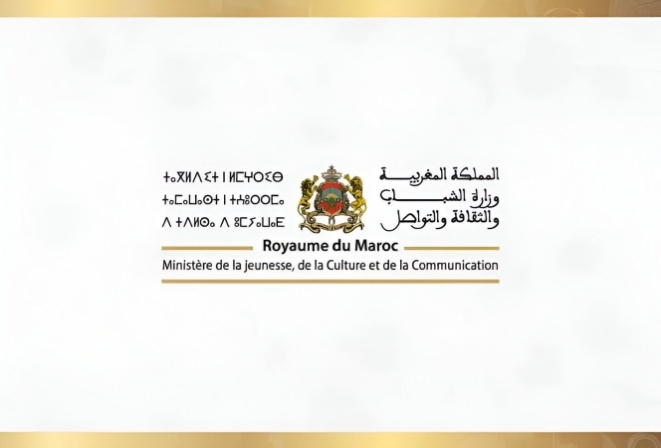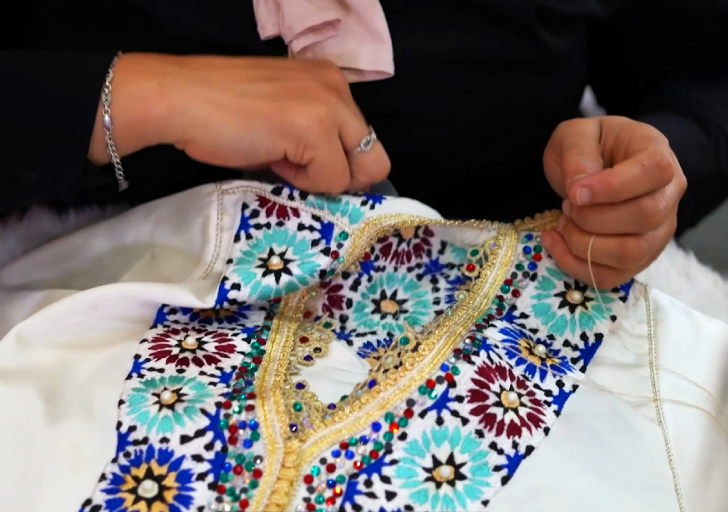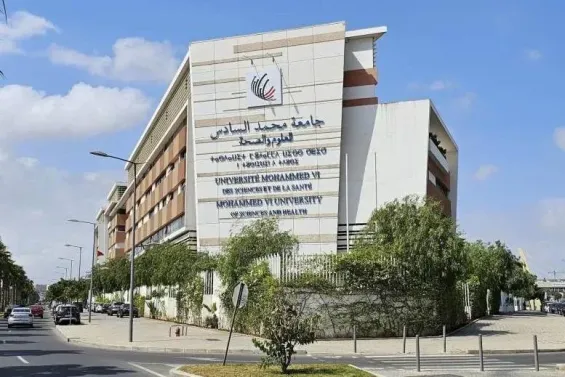
The Mohammed VI Foundation for Science and Health (FM6SS) has announced its successful reprogramming of human peripheral blood cells (PBMCs) into induced pluripotent stem cells (iPS) for the first time in Morocco, marking a landmark historic scientific breakthrough.
This strategic advance paves the way for the creation of a national platform for cell reprogramming and differentiation, serving biomedical research, personalized medicine, and innovative therapies, the Foundation said in a press release.
“This achievement confirms our Foundation's commitment to making Morocco a center of excellence in medical research and innovation, serving the major challenges of public health,” said the director of the Mohammed VI Center for Research and Innovation, quoted by the same source.
iPS cells, derived from a simple blood sample, have two remarkable properties: the ability to differentiate into any cell type in the body and the ability to multiply endlessly.
These advantages make it a revolutionary tool for modeling human diseases using a patient's cells, testing the efficiency and safety of new drugs under conditions close to physiological reality, developing regenerative therapies to repair vital tissues (heart, brain, liver, lungs), and designing new immunotherapy approaches to cancer, according to the same source.
Internationally, iPS cells are already the subject of promising clinical trials for the treatment of degenerative diseases, retinal disorders, and certain blood disorders.
Through this achievement, currently in the validation and scientific characterization phase, the Foundation is positioning Morocco as a pioneer in biotechnology and regenerative medicine.
MAP: 21 August 2025
